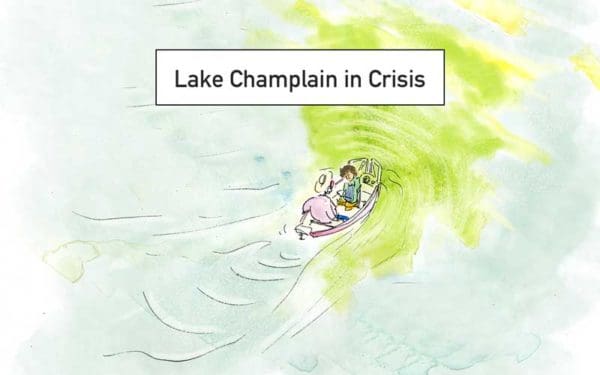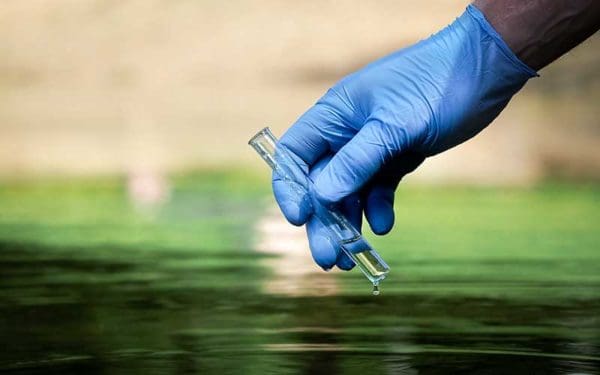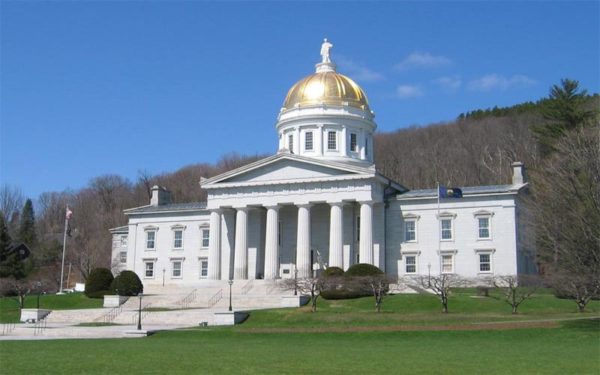Climate Legislation Makes Progress in New England
As the Trump administration continues to shirk its responsibilities on climate, New England states have recognized the need for local leadership to fill the federal void.

As the Trump administration continues to shirk its responsibilities on climate, New England states have recognized the need for local leadership to fill the federal void.

“It is really important for people to understand that this is not just isolated to Bennington,” said Jen Duggan, director of Conservation Law Foundation Vermont. “This has the potential to impact a large portion of the state.
Summer after summer, Lake Champlain is plagued with toxic cyanobacteria blooms, also known as blue-green algae. These toxic algae outbreaks harm our way of life as well: the next generation of Vermonters may not be able to enjoy a summer on Lake Champlain the way that their grandparents did.

“DuPont and 3M have knowingly poisoned our water for decades while reaping billions in profits,” said Jen Duggan, Vice President and Director of CLF Vermont. “These companies have no right to pollute our drinking water and our bodies. Attorney General Donovan recognizes the need to hold the responsible parties accountable for putting these toxic forever chemicals into our water and our health at risk.”

This legislative session was full of historic victories for the people of Vermont. Our legislature passed three of the strongest pollution protection laws in the country, setting the standard for New England and the rest of the country.

Jen Duggan, director of Conservation Law Foundation Vermont, said that the state Agency of Natural Resources has taken a “leadership role” both in terms of identifying and remediating PFAS contamination. She pointed out that Vermont will be testing for 18 different types of PFAS compounds, compared to Michigan, which will only be looking at two of the most toxic compounds in its testing.
Jen Duggan, director of the Vermont Conservation Law Foundation, says cities and counties that have passed bag bans often defined prohibited bags by their thickness or applied measurements requiring that it carry a certain weight a certain distance. “What happened was the bag makers flooded the markets with thicker bags,” she says.
“Our children deserve to go to school or daycare without being poisoned by lead lurking in water fountains,” said Jen Duggan, Vice President and Director of CLF Vermont. “The only safe level of lead is zero, and Vermont is leading the nation in making sure that the health of our children comes first.”

Tailpipe pollution wreaks havoc on our health.

“Simply put, Vermont is leading the nation in dealing with the toxic blight of single-use plastics,” Jen Duggan, vice president and director of Conservation Law Foundation (CLF) Vermont, told Waste Dive